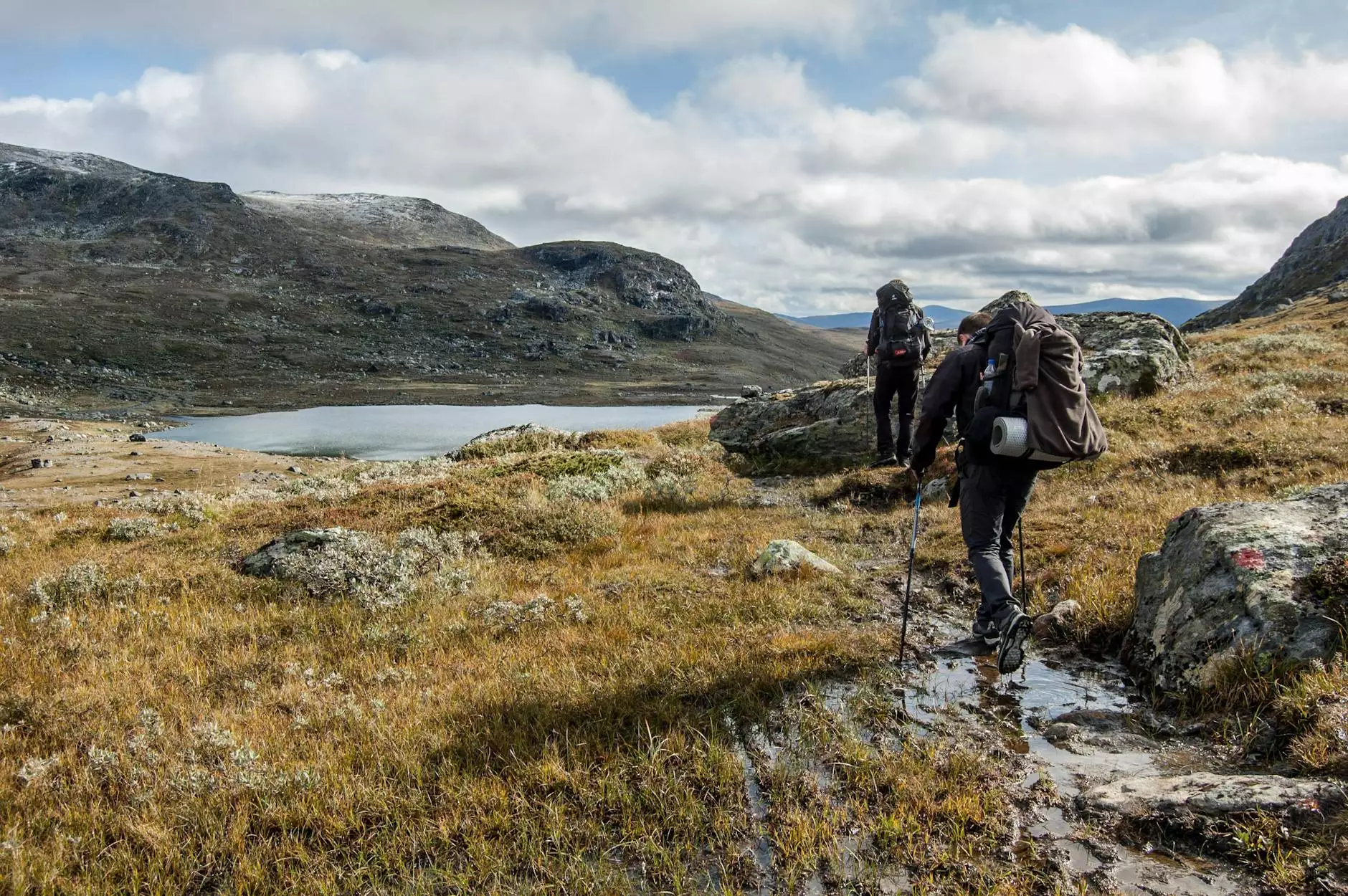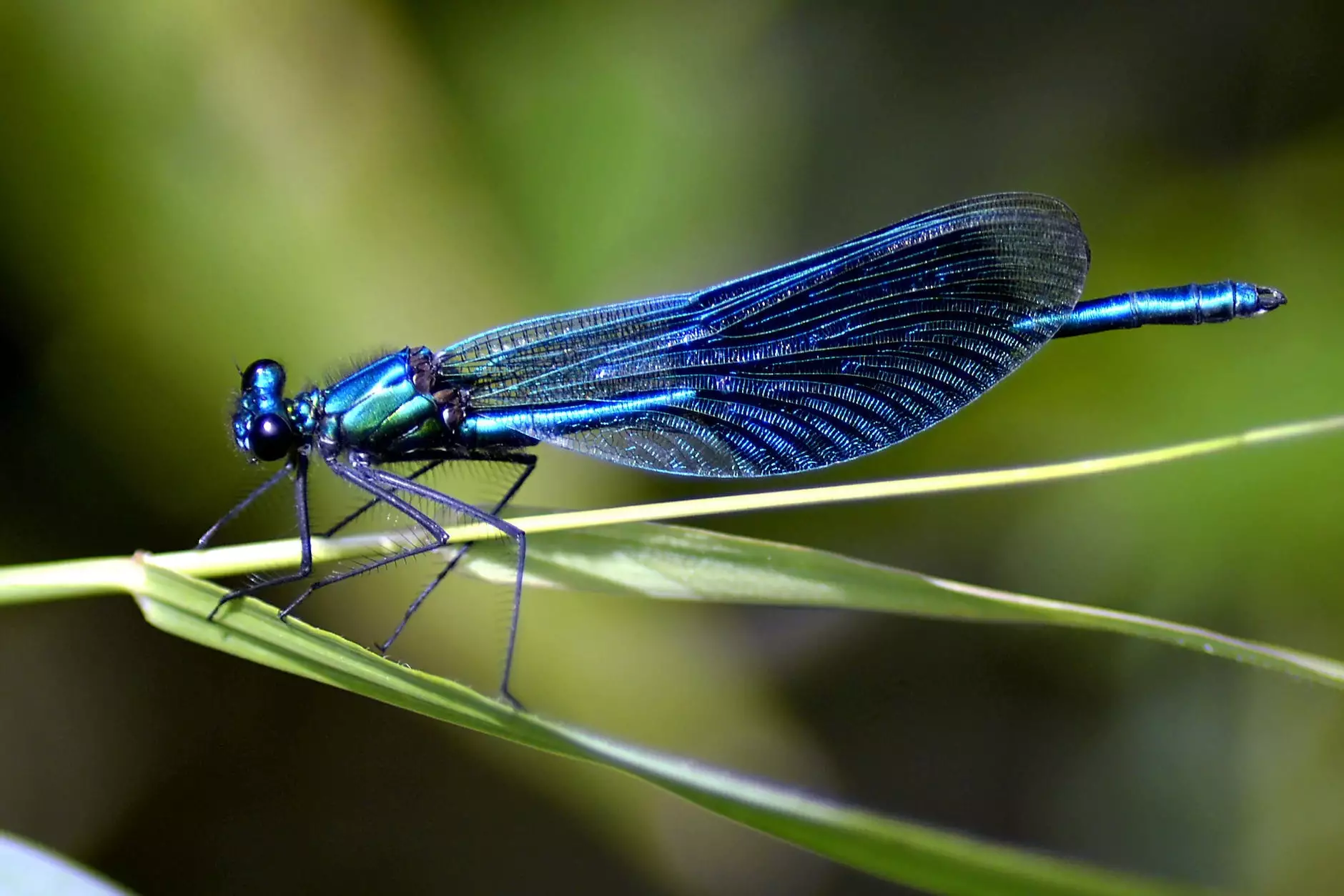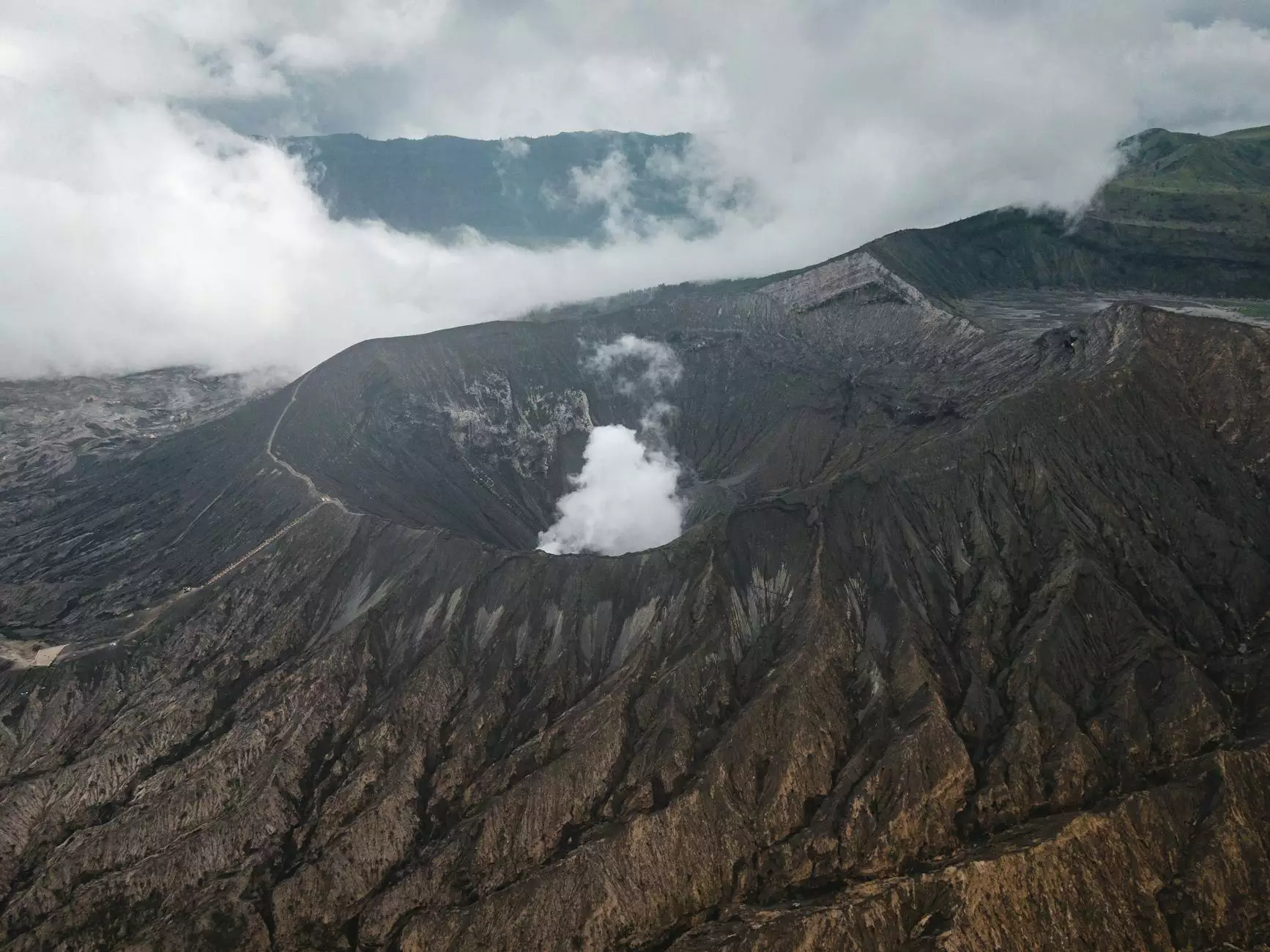No Respect- Turkey Vultures
Nouns Food
Introduction
Turkey Vultures, often misunderstood and often depicted as creepy, are fascinating creatures with an essential role in our environment. In this article, we will delve into the world of these incredible birds, uncovering their unique qualities and highlighting why they deserve more respect than they usually receive.
The Remarkable Scavengers
Turkey Vultures, scientifically known as Cathartes aura, are specialized scavengers found throughout North and South America. With their distinct featherless red heads and broad wingspans, they are easy to identify. These birds are built for survival and play a crucial role in our ecosystems.
Adaptations for Survival
One of their most notable adaptations is their excellent sense of smell, which allows them to detect the scent of decaying flesh from miles away. Unlike most birds, Turkey Vultures have a highly developed olfactory system that helps them locate food sources quickly. Their keen sense of smell contributes to their remarkable scavenging abilities, enabling them to find carrion that is hidden or buried.
Another remarkable adaptation is their specialized digestive system. Unlike other birds of prey, Turkey Vultures have corrosive stomach acids that are capable of neutralizing deadly pathogens, including anthrax and botulism toxins. These birds help prevent the spread of harmful diseases by disposing of animal carcasses.
Habits and Habitat
Turkey Vultures are primarily found in open areas such as grasslands, deserts, and forests, preferring habitats that offer abundant food sources and thermal updrafts. They are known for their impressive soaring abilities, effortlessly riding thermals to conserve energy while searching for carrion.
These intelligent birds are highly social and often gather in large groups known as "kettles." During migration, you may witness hundreds of Turkey Vultures soaring together in a captivating display of teamwork.
Ecological Importance
Turkey Vultures play a critical role in maintaining a healthy ecosystem. By consuming carrion, they act as nature's cleanup crew, preventing the spread of diseases and maintaining the balance of nature. Without Turkey Vultures, our environment would face challenges in waste disposal and disease control, highlighting the importance of their presence.
Furthermore, their ecological impact extends to nutrient cycling. As they consume carrion, they aid in the decomposition process, releasing essential nutrients back into the soil, benefiting surrounding plant life. This symbiotic relationship between Turkey Vultures and the environment demonstrates their invaluable contribution to our ecosystem.
The Misunderstood Creatures
Unfortunately, Turkey Vultures are often misunderstood and unfairly labeled as symbols of death and decay. Their scavenging habits and unique appearance have led to misconceptions about their role and purpose. It is essential to recognize the critical value they bring to our environment and appreciate their remarkable adaptations.
Raising Awareness
ACES Casino School believes in promoting education and raising awareness about the fascinating world of Turkey Vultures. By acknowledging their vital ecological role, we can help dispel misconceptions and foster a greater appreciation for these magnificent birds.
Conclusion
Next time you spot a Turkey Vulture soaring high above, take a moment to appreciate the beauty and value they bring to our world. These remarkable creatures are more than just scavengers; they are nature's unsung heroes. Let us give them the respect and admiration they truly deserve.










